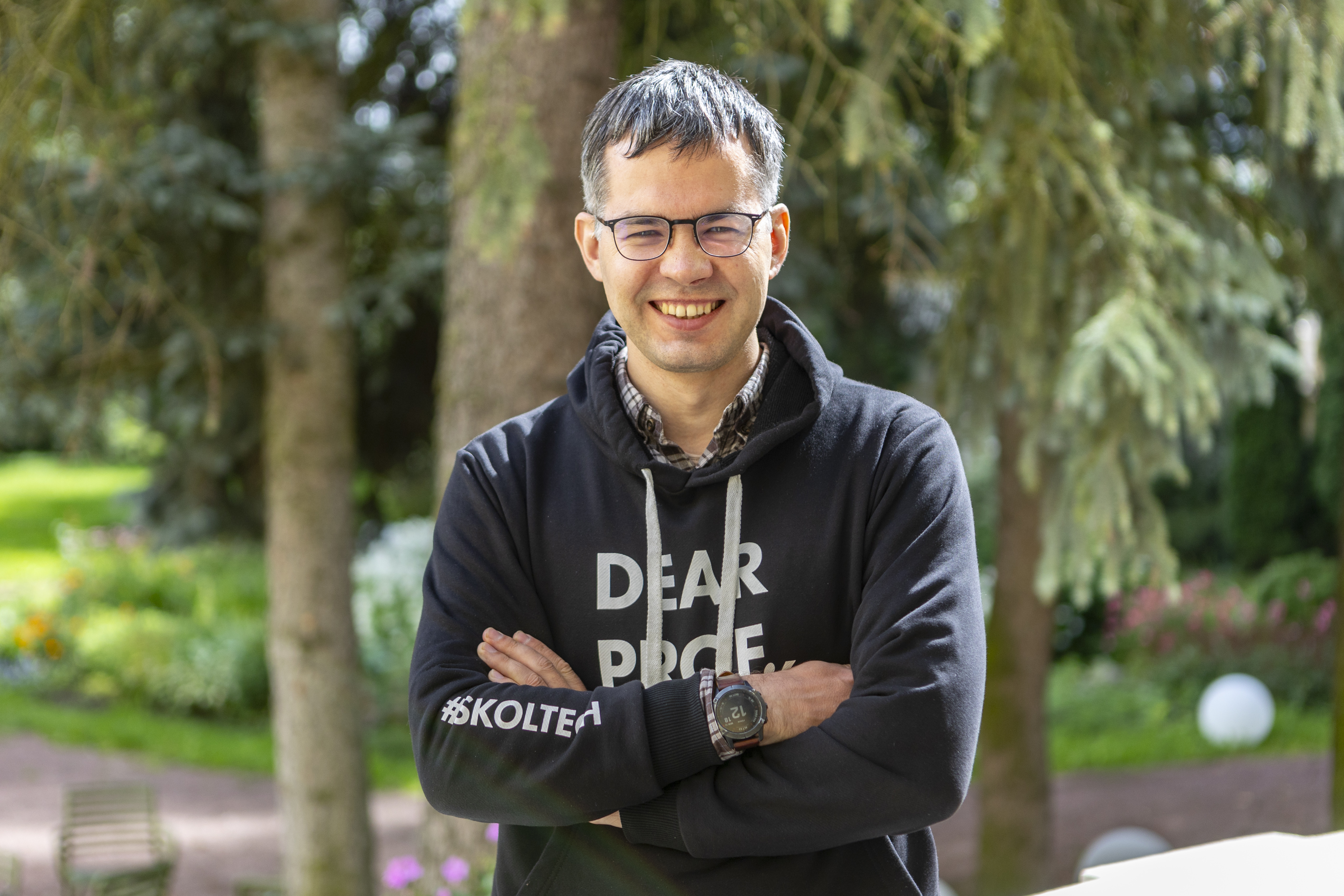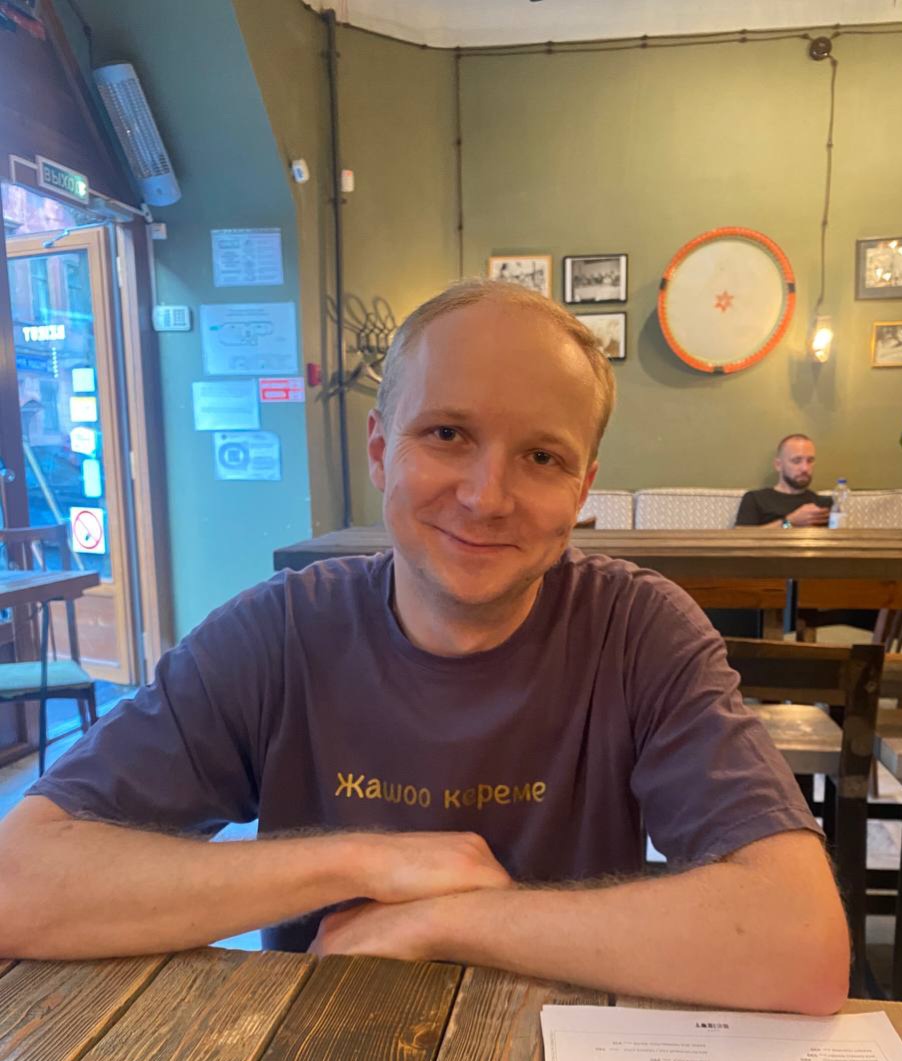Keynote Speakers
The following speakers have graciously accepted to give keynotes at AIST-2024.
Alexey Zaytsev

Self-Supervised Learning for Event Sequences
Abstract: Event sequences are a crucial yet often overlooked data modality, despite their significant industrial importance. This talk will highlight our advancements in this field, that benefited both academia and industry in recent years.
To set the stage, we will explore two approaches to modeling event sequences and examine their representation learning capabilities. On the theoretical side, we will delve into the generalization of inhomogeneous Poisson processes, known as the Hawkes process, as a model for event sequences. On the practical side, we will demonstrate how natural language processing (NLP) techniques can be adapted to this domain.
Our results show that the derived representations are highly effective in various applications, including credit scoring and churn detection. The talk will conclude with a discussion on the robustness of these models, addressing common challenges and presenting solutions to enhance their reliability.
Anton M. Alekseev & Timur Turatali


KyrgyzNLP: Challenges, Progress, and Future
Abstract:The large language models (LLMs) have excelled in numerous benchmarks, advancing AI applications in both linguistic and non-linguistic tasks. However, this has primarily benefited well-resourced languages, leaving less-resourced ones (LRLs) at a disadvantage. In this talk, we will highlight the current state of the NLP field in the specific LRL: кыргыз тили.
Human evaluation, including annotated datasets created by native speakers, remains an irreplaceable component of reliable NLP performance, especially for LRLs where automatic evaluations can fall short. In assessments of the resources for Turkic languages, Kyrgyz is labeled with the status ‘Scraping By’, a severely under-resourced language spoken by millions. This is concerning given the growing importance of the language, not only in Kyrgyzstan but also among diaspora communities where it holds no official status.
We review prior efforts in the field, noting that many of the publicly available resources have only recently been developed, with few exceptions beyond dictionaries. While recent papers have made some headway, much more remains to be done. Despite interest and support from both business and government sectors, the situation for Kyrgyz language resources remains challenging. We stress the importance of community-driven efforts to build the latter, ensuring the future advancement of sustainability. We then share our view of the most pressing challenges in Kyrgyz NLP. Finally, we propose a roadmap for future development in terms of research topics and language resources.